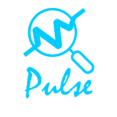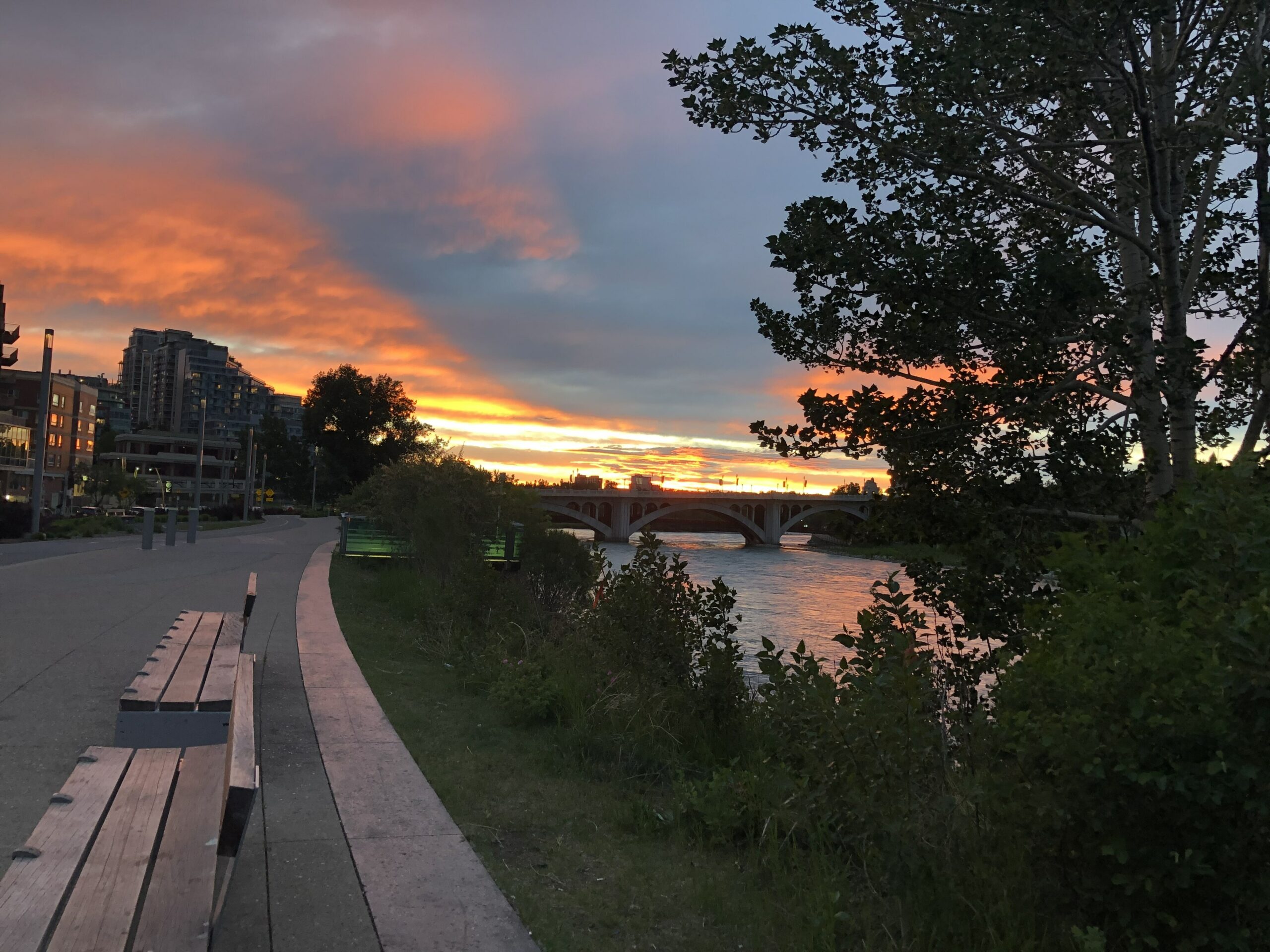(Jan 2022-present)
In the last season, I emphasised how postdocs were more than just an expedited PhD for me.
Through this write-up, I want to share my experience and viewpoints and touch on a few things that one could consider while opting for new career roles in science. It’s clearly not an inspirational story. If you are looking for a success mantra, believe me, this read is not worth your time. My career has not yet reached a point where I can consider myself to be a role model for inspiring younger lives in science; it’s more about striving for me. I never imagined that writing this season would be a tough task, it was challenging to garner my own thoughts and experiences, but this needs to be said and heard.
“Candidates who have obtained their PhD within the last “X” years are eligible to apply.”
This is an alarm bell; some people wake up on the first ring, and some keep pressing the snooze button. Snooze mode—I find it relatable ☹
At this stage in our academic career, we have exhausted relatively all easier routes to sustain ourselves in academia. That’s how 2022 started for me, I was no longer eligible for a postdoc and moreover, there was no funding available after August 2022. I started figuring stuff out at the beginning of 2022. I was keeping an eye on every portal. I always knew that academia was a highly competitive space with limited opportunities (Number of postdocs produced > number of job opportunities – this remains true). and was apprehensive about taking the traditional career route from postdoc to principal investigator (PI). Right from my PhD until today, I assessed my readiness time and again and every time I didn’t feel ready to even apply. There has been no clear logic for it; maybe I was too scared to accept “Rejection”.
Can I attribute all my worries, concerns, and emotions to Imposter Syndrome?
Self-doubt, procrastination, the trap of being stuck in pursuing mediocre science, the responsibility to groom and motivate young students, fear of funding rejections, managing personal life and most importantly, where is the big idea of starting a lab? It’s a vicious cycle of worries and fears. You can broadly put them all in the Imposter Syndrome but categorising every emotion as a part of the Imposter Syndrome sounds unreasonable to me. I was reading about decision-making (No Hard Feelings: The Secret Power of Embracing Emotions at Work by Liz Fosslien and Mollie West Duffy) and the authors discussed how emotion is an important part of the equation in decision-making. Some emotions are relevant while others are not, when making life decisions. We need to toss irrelevant emotions, but how? To avoid introducing my biases and imaginations, I’m quoting a few lines from the book – “Ever felt something in your bones that you couldn’t explain to yourself? These feelings can help you narrow down and prioritise your options”. Imagine yourself as the person you aspire to be. I compared my feelings imagining myself as a PI versus a data scientist. They were different. One gave me a thrill while the other filled me with dread The PI’s role is a multifaceted one. I love some attributes of this role, while others I either don’t like or don’t find myself a good fit for. I am not sure whether these feelings will stay the same in the future though, as life in science is supposed to be dynamic! To get out of trap of overthinking, we need to keep reminding ourselves that nothing fundamental stands between us and the possibility of responsibility, success and fulfillment, we just need to make that crucial leap of faith and have trust in destiny.
Priorities of personal life –
I had no intention to shift my base; my family had just started to acclimatise to a new country and its culture. We didn’t want a change too soon. This restricted my options, but as a family we were not ready for relocation after making such a big move already. There is a thin line between rigidity and priorities.
Beyond fellowship (postdoc) zone –
In the last season, I emphasised how postdoc experience can be instrumental for building your network and a gradual learning process to become a good adviser and mentor. Sharing a few other experiences from my postdoc and post-postdoc journey.
I was fortunate to receive a small grant (Evolve to Innovate fellowship, Calgary) towards the end of the postdoc – Hurrah! The premises of this grant is to explore if you can transform your scientific idea or research into an innovation or practical solutions. Apart from that, they mentor and prepare candidates for the entrepreneurial path through comprehensive curriculum. I wish I had this course at the beginning of my research career. What I liked about this programme is that it gave me the opportunity to explore my interest in entrepreneurship and hone on related skillsets. I was fortunate to pursue it, but in a different way. I decided to be a part of the product development team and learn from the adventures of a new venture.
Shadowing – I might not be ready for entrepreneurship or creating a small business right now, but this is something I want to invest my efforts now without worrying about monetary benefits. At present, shadowing an emerging entrepreneur or a new business is a kind of informal but practically the best learning process for me. Apart from contributing to product development, I am learning about creating pitches for grants and investors, the dos and don’ts of digital marketing, investment strategies based on current financial flows, etc. It’s an enriching experience, to say the least.
As we all know that research landscape has been evolving at a much faster pace. It has changed a lot since my PhD. How soft skills are becoming more instrumental in deciding the trajectory of a career. Sci-comm roles, entrepreneurial routes, academia-industry partnerships, industry opportunities – there are many diversified options. However, these emerging roles are still in a naive and explorative phase. As I am on one of those paths, here are a few take aways –
Scope to be creative: both employers and employees are learning from each other. It’s a perfect time to be creative with your roles (given you’ve got the flexibility to do so!). My current role in academia involves analysis, project management, and training researchers. Initially, I thought training researchers to equip them with bioinformatics skills would be the easiest part of my job, but it turned out to be challenging. I can see this as an opportunity to build something from scratch and bring new ideas and strategies to let my role grow and expand.
Open conversations about one’s role: make sure to clearly discuss your job roles, expectations, flexibility, terms, and conditions rather than expecting surprises after joining.
Negotiation skills: It’s a tough conversation, and in research, it’s even more challenging. Our world is more about fellowships, where there is a very limited scope of conversations like this: What are your expectations and why do you think you deserve this? I almost settled for what I have been offered in different roles during my PhD and postdoc. I am not sure even if I missed some opportunities for negotiation. I came across a chapter in a book (just reading randomly!) how one should be nice and assertive during these conversations. Self-advocacy is important, and at the same time, hearing the other side is important too to allow creation of a common ground / understanding. I can’t agree more.
Where can one seek Advice: My mother has always been my guiding light, even though my poles have changed. A career in science is not always easy to explain to your family but my mom gets it. I hope I’m troubling her less now. I remember she spent hours in convincing me why I should pursue bioinformatics not MBA because I was blown away by MBA tsunami that time. She was much relieved when I told her that I’ll follow my interest and passion. Apart from my mother, a very dear friend from my PhD lab (Dr. Meenakshi Anurag), my advisers have been part of my research journey as mentors. I feel fortunate to have my advisers as mentors. Mentoring Advice (https://www.science.org/content/article/mentoring-advice) – This is a great read to understand the difference between an adviser and a mentor. “A mentor offers you support, guidance, and even solace with no other motive than helping you identify and reach your own goals. A mentor is someone you can open yourself up to without fearing deleterious consequences.“
Not opting for a traditional science career path (despite pursuing an alternative career in academia) occasionally gives me emotionally uneasy moments. Feelings like: What if people won’t take me seriously, they won’t see my “science” side, feeling of under-achieving and guilt for not putting forth efforts. However, in the real world, I enjoy this role despite the challenges I see. Acceptance and future growth of new career roles in academia is still an open question for me. Where do I see myself in the future? I don’t know the exact route, but my yardstick will always be two specific priorities: 1. Making sure that I am happy in my career (My Test: Imagining myself as the person I aspire to be) and 2. Making sure that my relationship with my family continues to be an enduring source of happiness (My Test: Keeping priorities of my personal life in front and centre of professional decision making). I might be navigating different paths (position/title, industry/academia etc.) but the destination would always be Science in its evolved form.




Ankita
I am Ankita, working as a bioinformatician at the University of Calgary, Canada. I earned my PhD at CSIR-
IGIB with Dr. Debasish Dash and Dr. Mitali Mukerji. I strive to learn new things in science, but scientific
writing is too formal and a hurdle for me. I thought, for the time being, let’s enjoy the technical side of
science in an academic setting where I have the opportunity to teach and co-supervise as well. Beyond
work, I love writing and editing videos. I am not pro at either, just learning and improving. Mom of a
super energetic 6-year-old girl. I collaborate with my husband on his food experiments; he cooks, and I
eat and write about or make short videos about his food experiments for social media.

